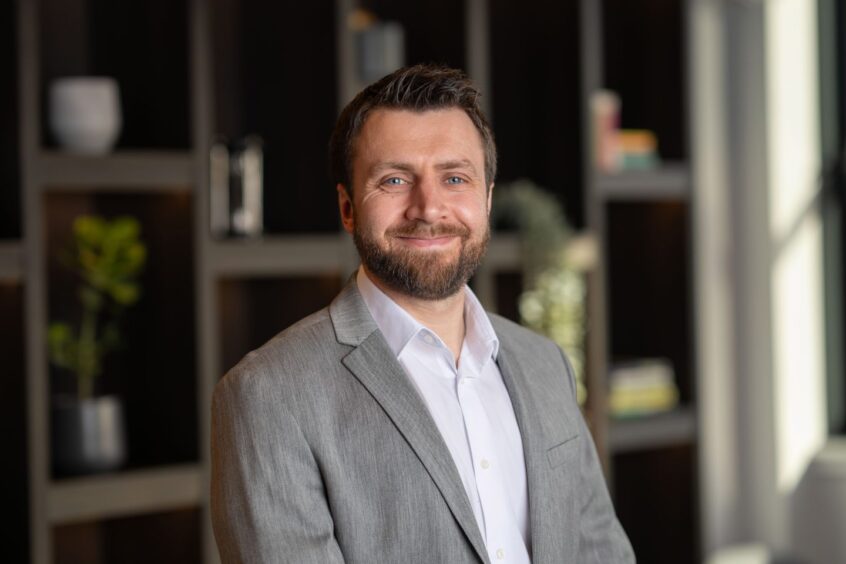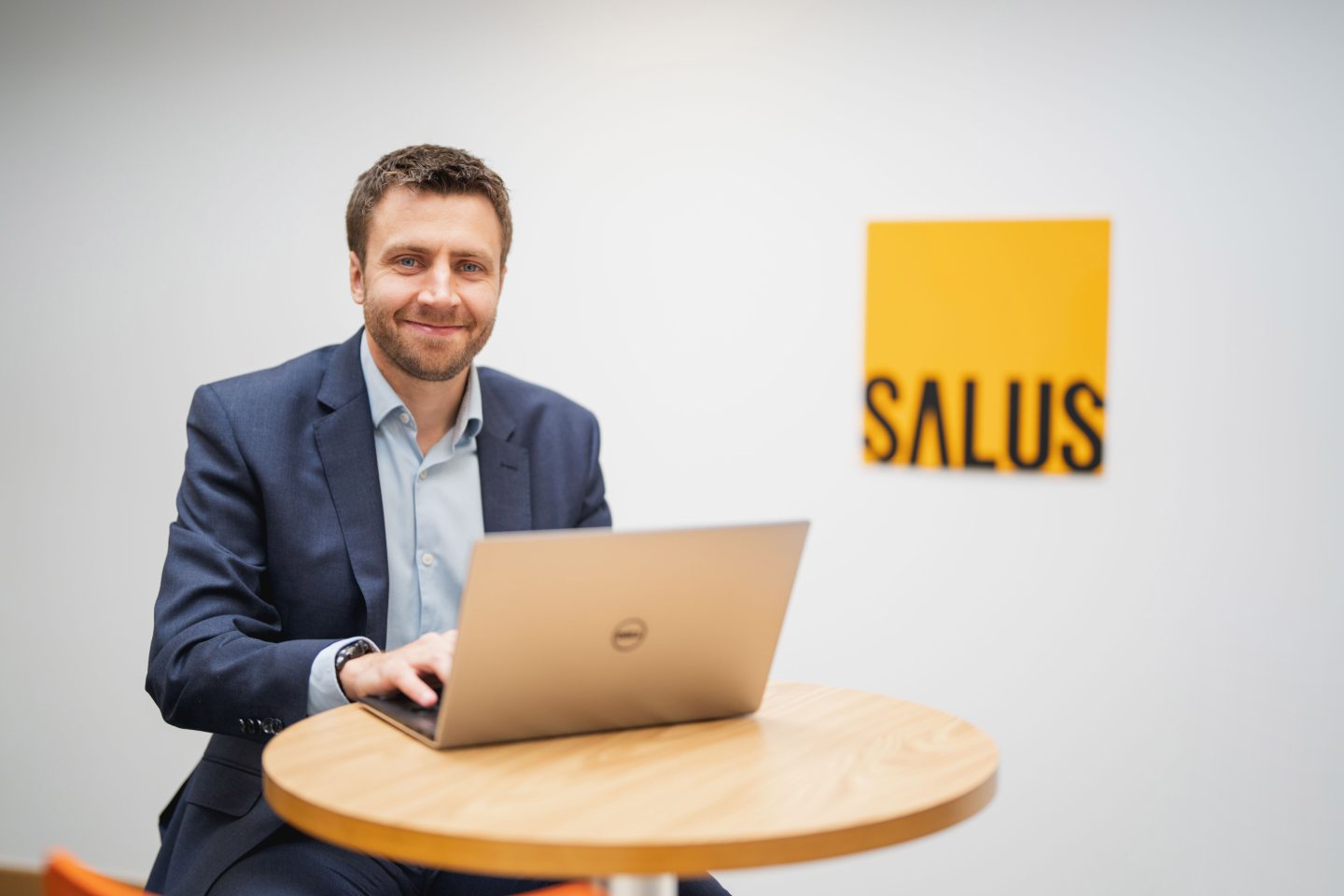
With many assets in the UK Continental Shelf (UKCS) now well beyond their original design life, a well-documented skill shortage, and squeeze on investments, there is a recognised need to address safety challenges across the energy sector.
In response to this, Aberdeen-headquartered process-safety firm, Salus Technical, has developed Salus Copilots – a software programme service using the latest AI technologies to support teams carrying out risk assessments.
Following a successful pilot project, Salus Copilots is now being used by an operator of over 500 offshore wells, many of which are nearing the end of their design life.
The global multi-energy firm has now trained their entire wells team to use Copilots to support risk assessments for their offshore wells impairments.
The new business unit is set to double Salus Technical’s turnover of £1M within three years, and potentially lead to the creation of four new North-east based jobs.
Salus Technical currently employs a team of 11 in their Aberdeen office.
Salus Copilots leverages AI technology to augment the role of people, improving the quality and consistency of risk assessments, whilst reducing timescales by around 50%.
Copilots works by sourcing all relevant past incidents, standards and regulations, using this information to prompt questions or offer up relevant details to users.
Crucially it does not make any decisions or perform any of the risk assessment actions – these remain the responsibility of the staff members involved.
Copilots and offshore inspections
Salus Technical Founder and Managing Director, David Jamieson, said: “Currently, around 25% of offshore inspections are falling substantially below the standard expected by the regulators, with unplanned hydrocarbon releases taking place once every five days.
“Simultaneously we have fewer and fewer resources – both financial and human – to improve this record, which inevitably heightens the risk of major accidents.
“My team and I set out to develop a solution that could be implemented regardless of these challenges, helping people to deliver higher quality risk assessments, more consistent risk assessments, performed in less time.
“This is a real a shift in the way that we work, for the greater good.
“By giving the correct information directly to users, the programme reduces time taken by 50%, and so facilitates greater opportunities for people to apply their specialist knowledge, experience and judgement to the process.
“The AI technology inherently maintains quality consistency and efficiency in risk assessments across the board.
“We describe it as akin to having the best engineer you’ve ever worked with, in the room with you, for every minute of every risk assessment.”
Salus Technical
The award-winning company hosted a hackathon in 2023, during which the Salus team worked on building HAZOP AI – a demo product using AI to help streamline the HAZOP process.
Over 80 companies worldwide booked a demo, and Salus went on to work with one of those to build the new product.
The Salus Technical team have also developed their own internal IP, which allows them to build, test and update advanced AI tools with ease.
David explains: “It’s incredibly difficult to build AI-enabled tools which achieve and maintain the highest levels of accuracy, so by developing our own internal IP we can ensure that our products remain of the highest quality.
“It was equally important to us to build the software with the user-experience in mind.
“Based on a ‘drag-and-drop’ model, Salus Copilots can be operated without any coding expertise.
“We have married all of our years of experience as engineers, with our developers’ leading-edge AI expertise to create a product that is as effective as it is straightforward to implement, use and update.
“Our ultimate goal is preventing major accidents on offshore assets – by using the latest technology to support our people, rather than replace them, we are making great strides towards this.”
Recommended for you

 © Supplied by Salus Technical
© Supplied by Salus Technical